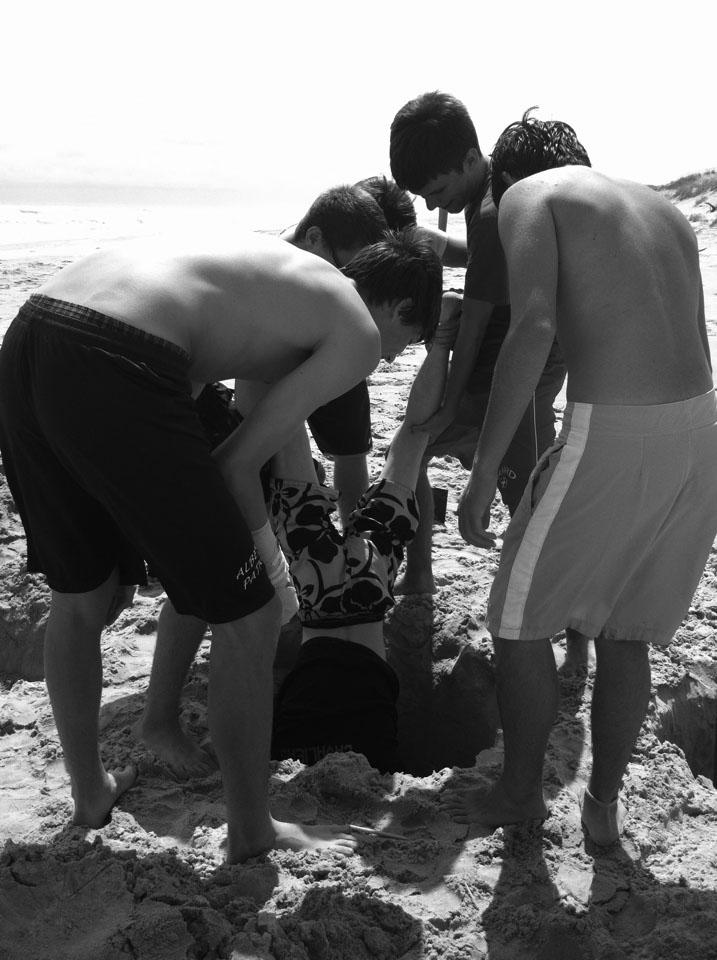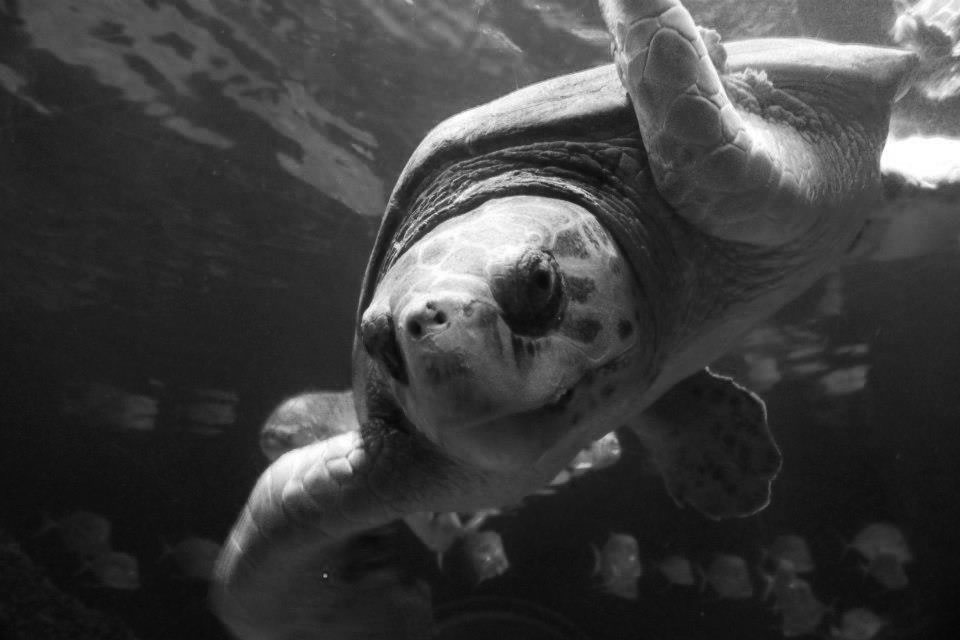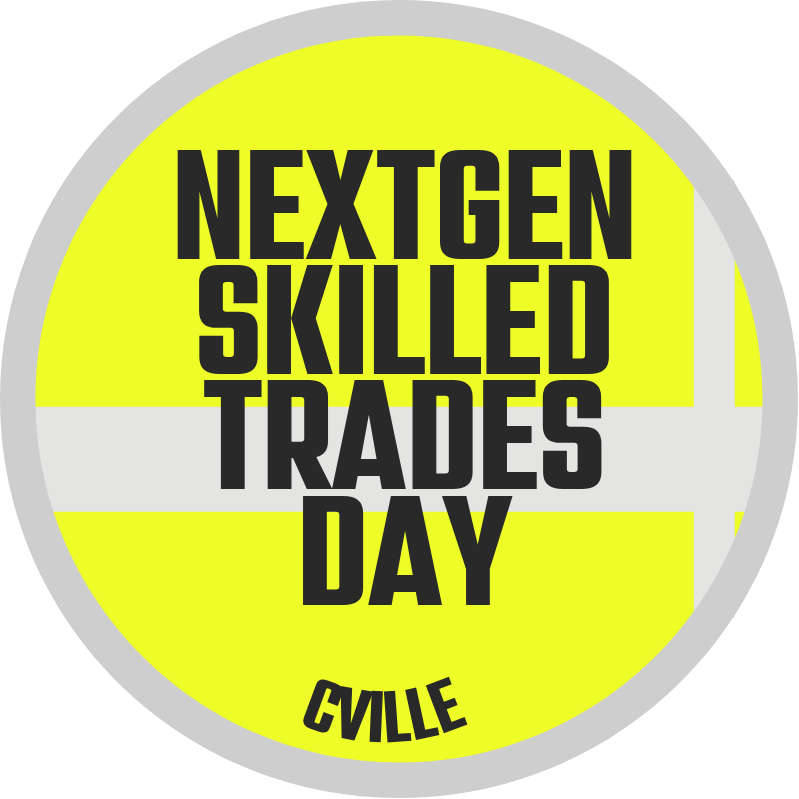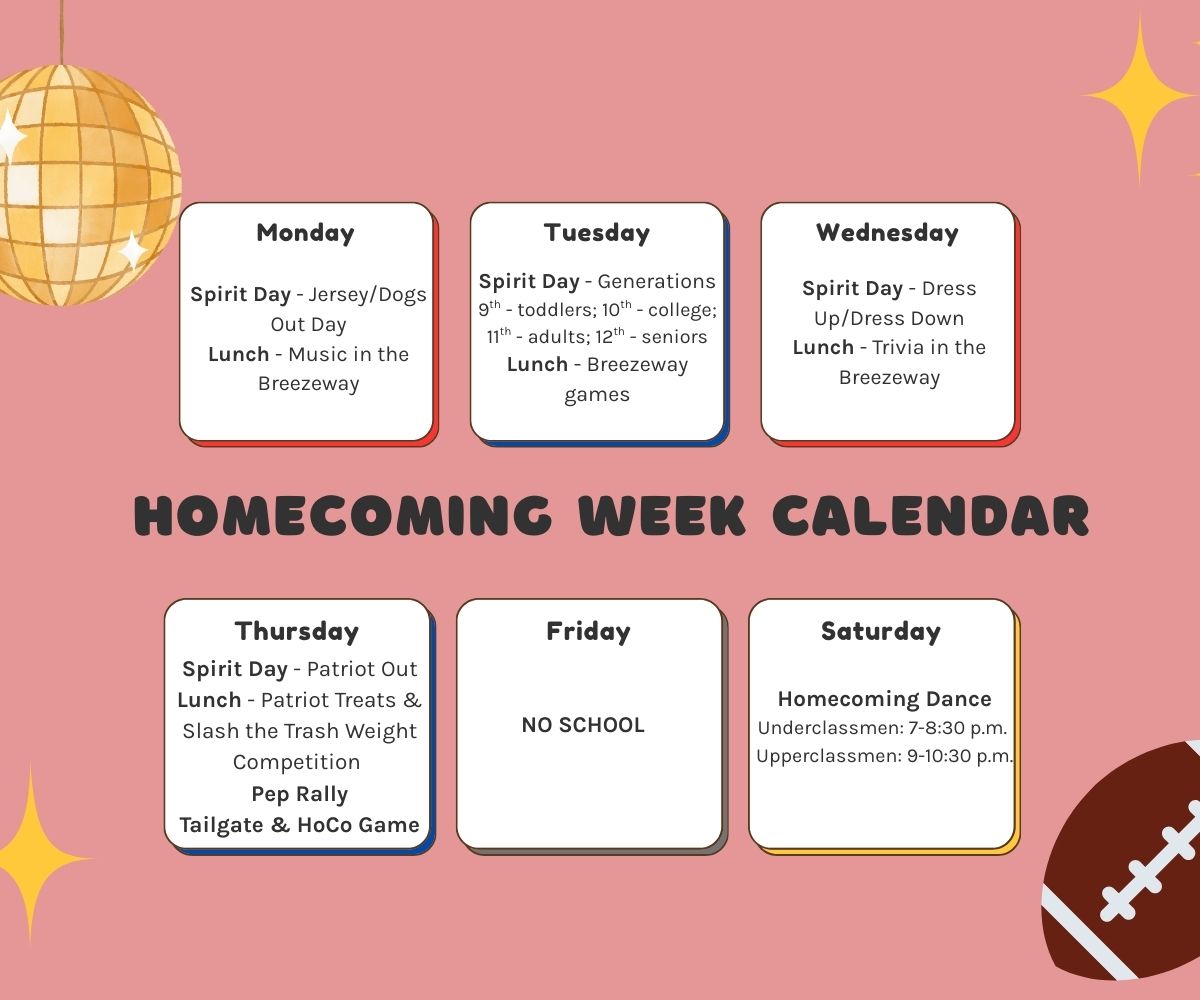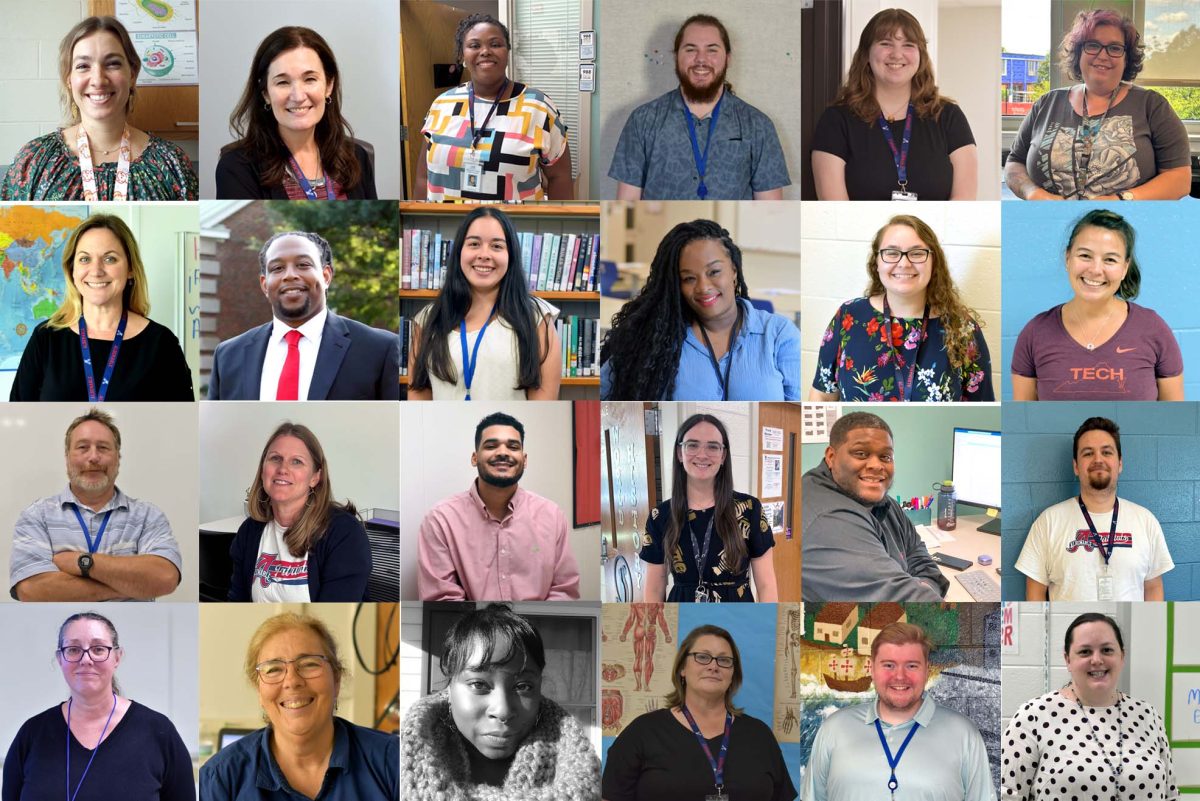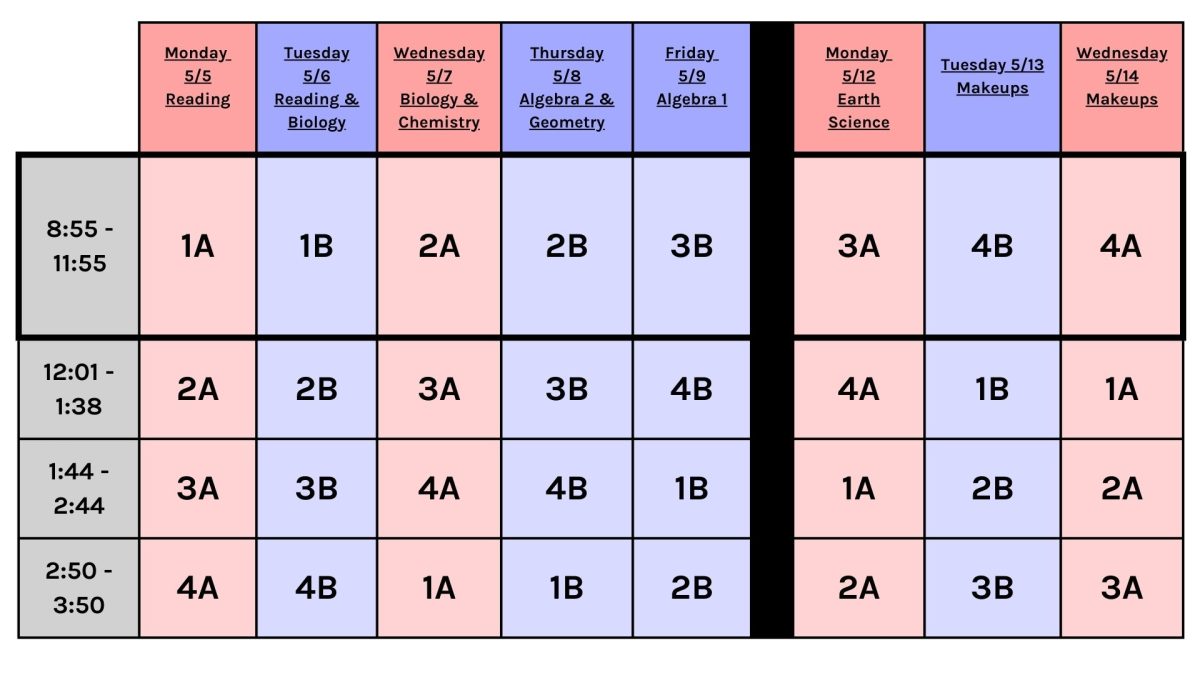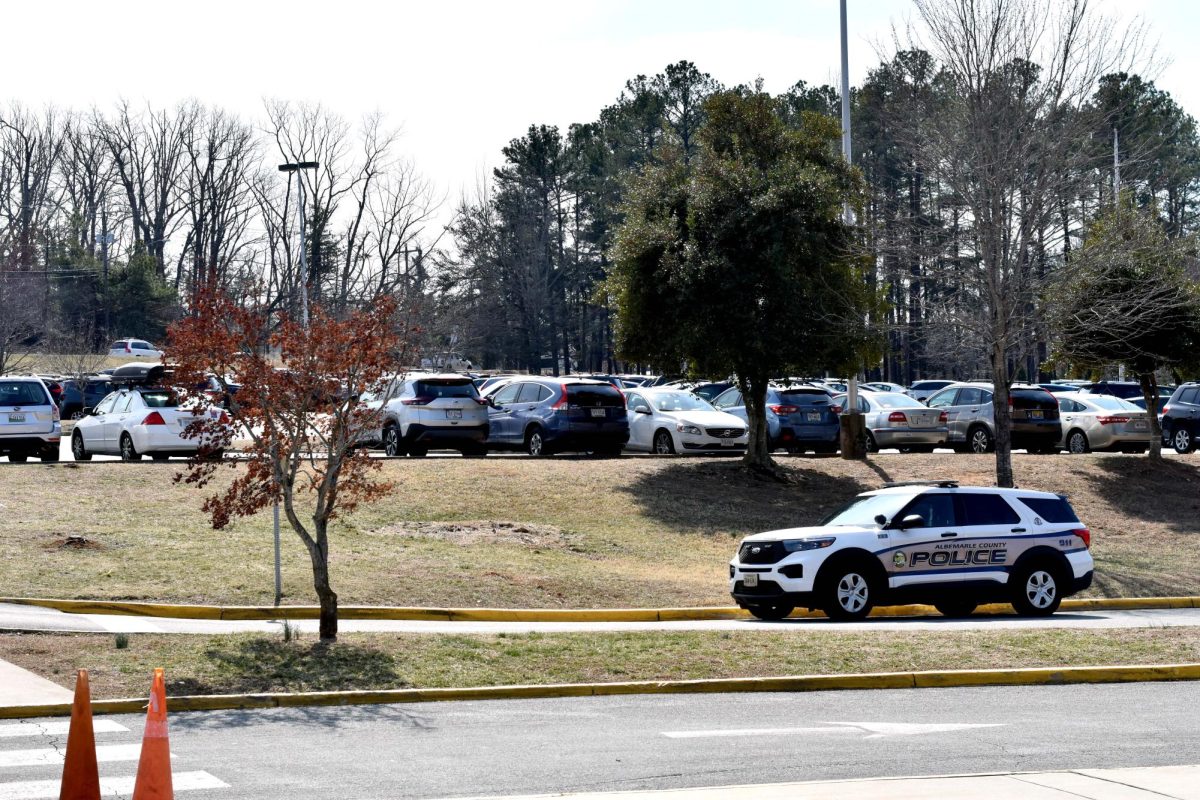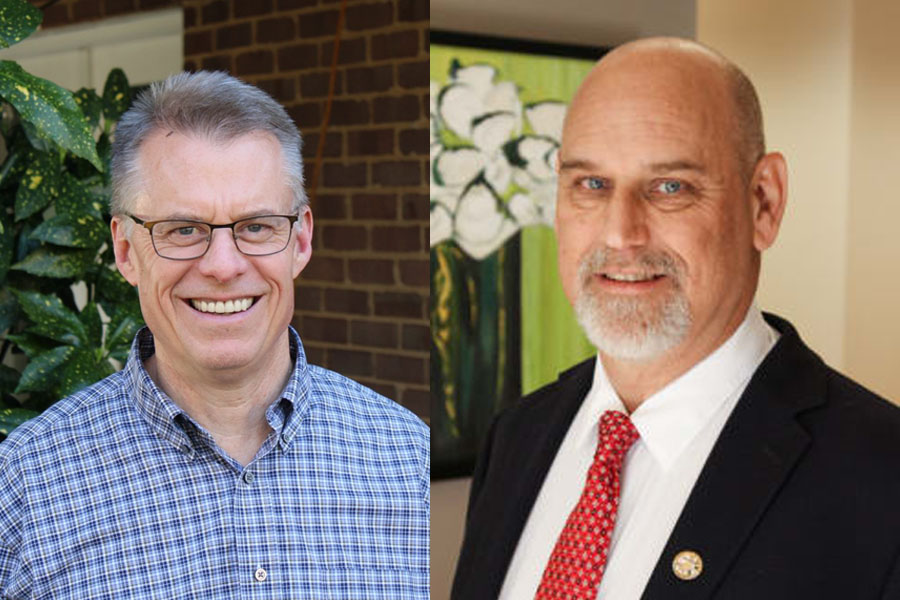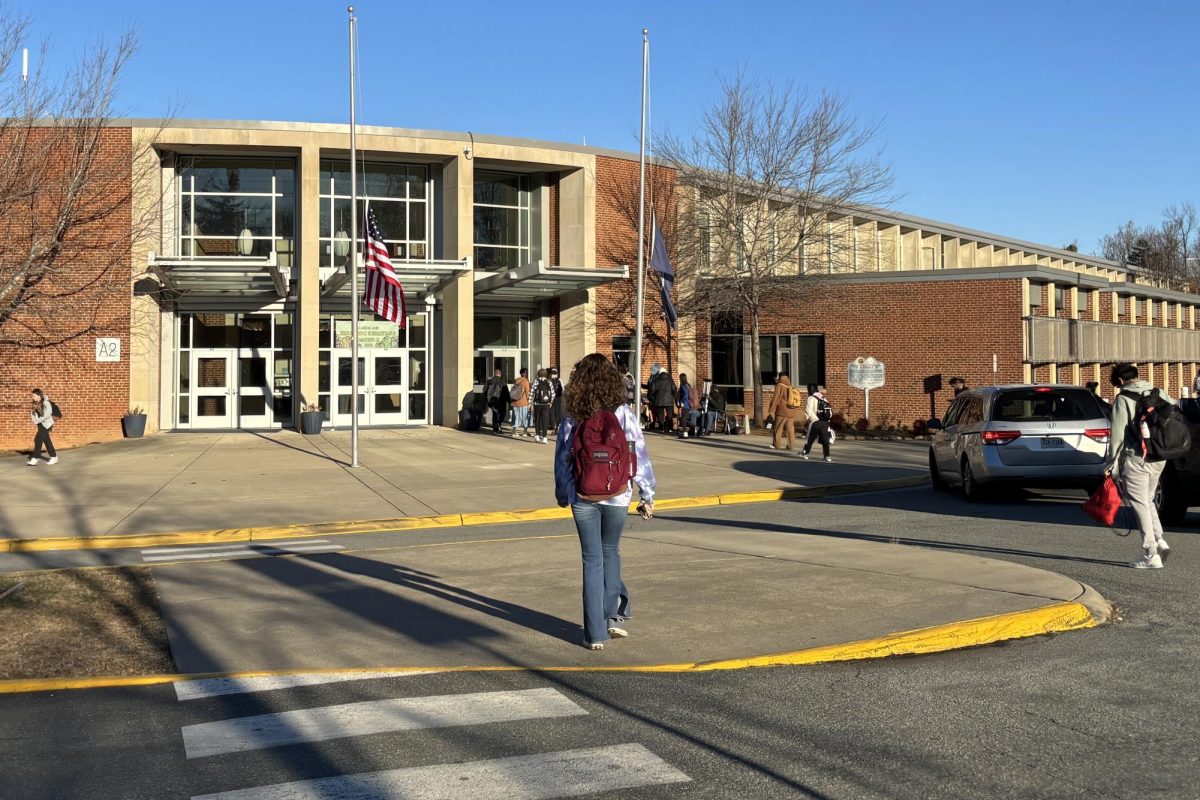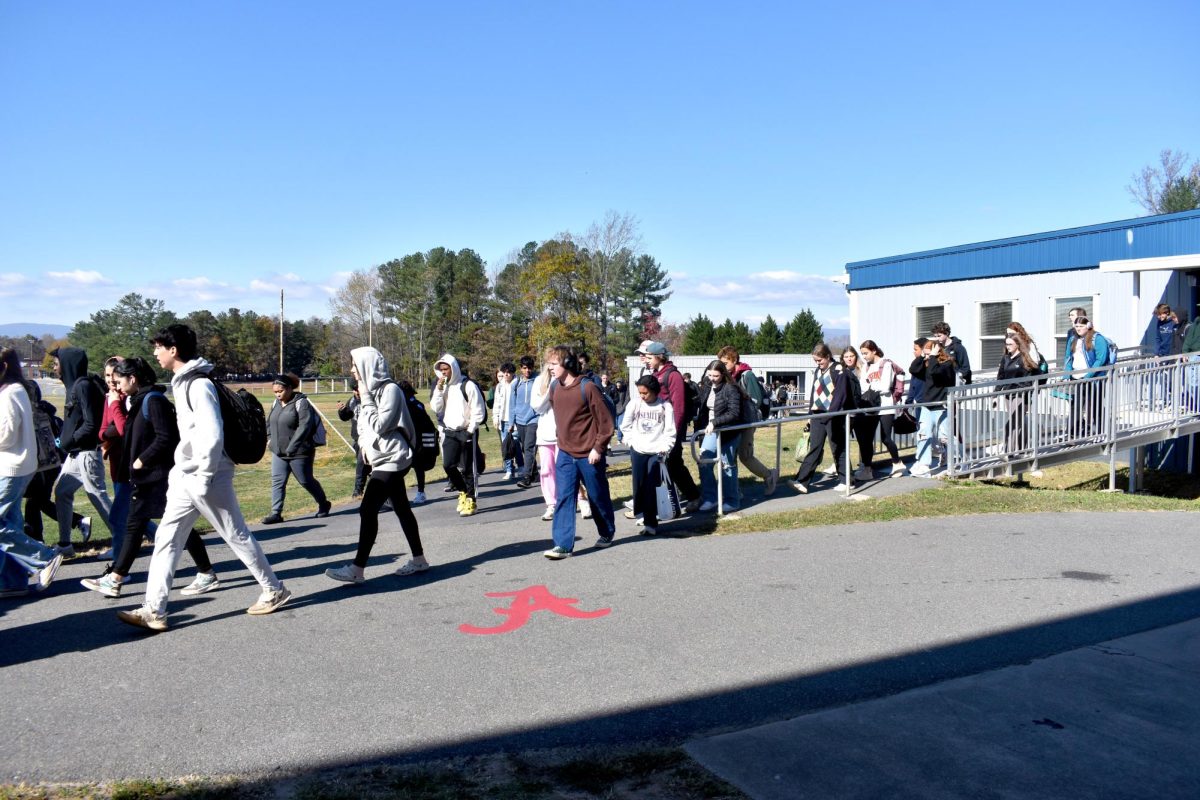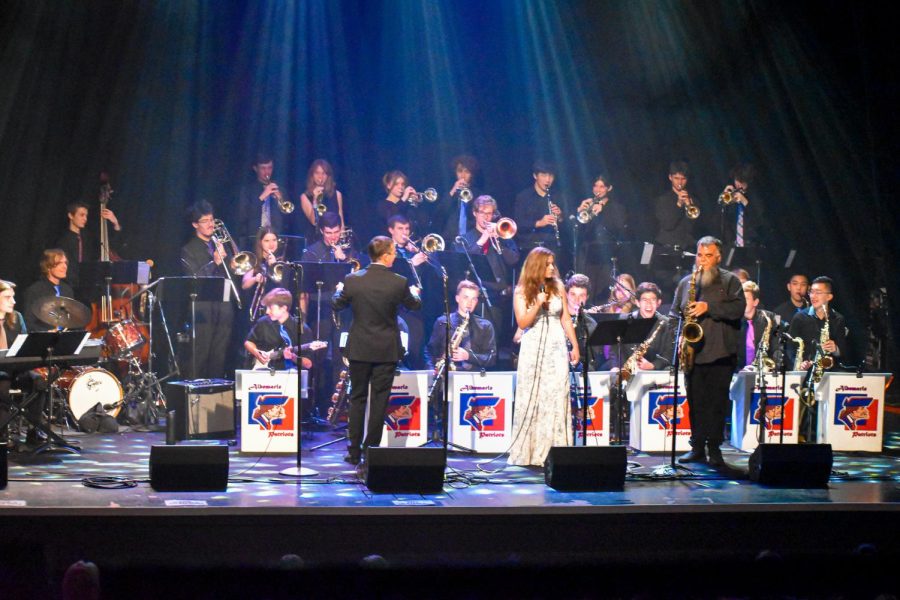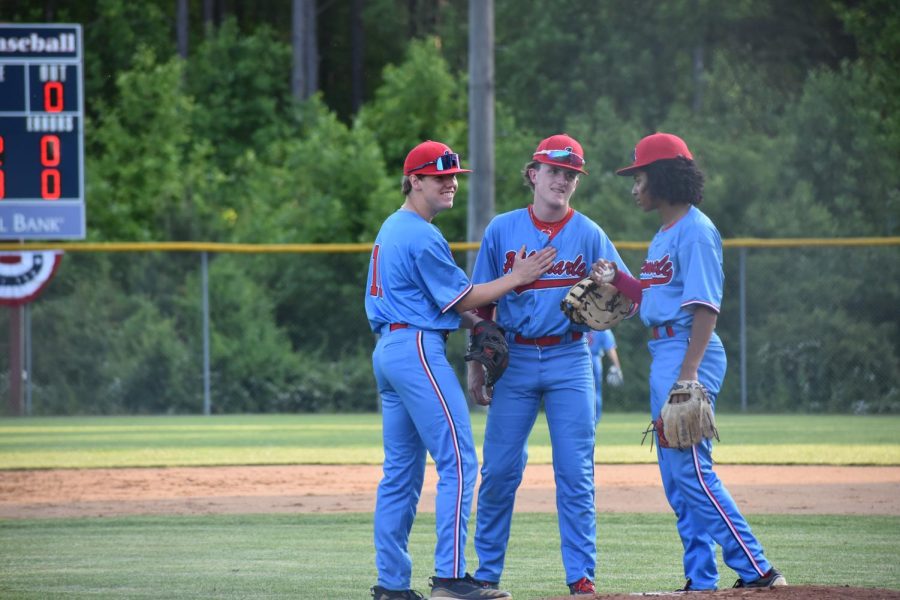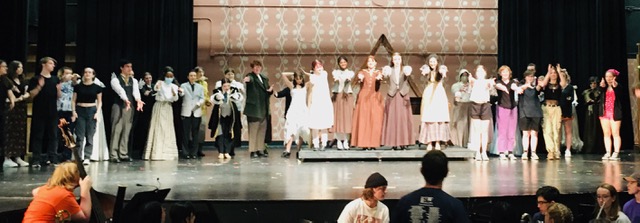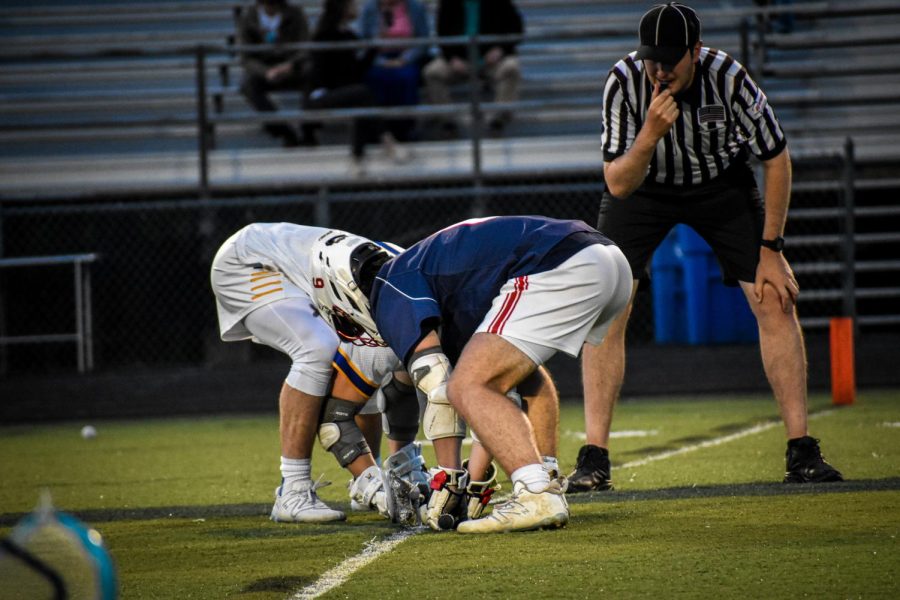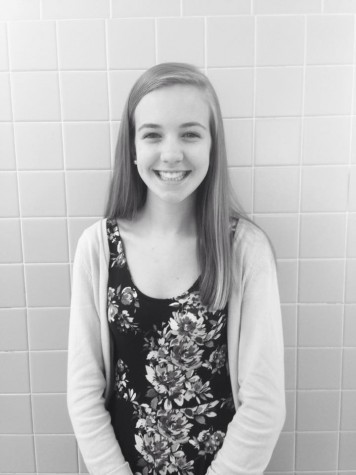AP Environmental Science students took a field trip to the Virginia Aquarium and False Cape State Park September 8 and 15, where they got a chance to collect organisms, interact with various environments, and make new friends.
AP Environmental Science teacher Walt Chaney uses the trip as an introduction to the class. “Students experience hands-on studies and the collection of organisms.”
The trip cost $125 per student. This paid for the food, the museum fee, and rental of the education center at the State Park.
Senior Eli MacKay said that students collected all sorts of plants, such as wild celery and grapes, and fish, such as the bluegill, striped bass, and crabs.
Chaney has been taking students on the trip for seven years. Retired AHS ecology teacher Sandy Sutherland designed the trip and still attends.
“[Sutherland] loves to share the experience with students,” Chaney said. “After her retirement, her passion to share and teach about the environment still remains.”
MacKay also spoke of Sutherland’s role on the trip. “Her knowledge of the subject is so vast,” he said. “She really navigates us through the entire trip.”
On the trip, students investigate what makes up the beach, marsh, and maritime forest ecosystems.
“My favorite part was probably making new friends, learning more about how human activities impact the environment, and of course – being at the beach,” sophomore Stacy Vitko said.
The visit to the Virginia Aquarium was an exploratory exercise. Students learned about “all aspects of Virginia Coastal regions: waves, kinds of fish, birds, and even the geological past of the coast,” Chaney said.
“The most difficult part was probably digging holes,” MacKay said. “We had to dig holes from where the tide came in back to where the freshwater meets the saltwater, a good thirty yards of beach.”
For dinner on Saturday night, students collected wild plants to eat with their meals. “I really enjoyed being able to the try all of the things, from ground cherries to wild grapes. It was awesome,” MacKay said.
The students stayed in a house on the Back Bay National Wildlife Refuge. “We could see the sun set over the bay from our house,” MacKay said.
Vitko was pleased with the house. “I was really surprised about our living conditions…everything actually turned out to be very nice,” she said.
She thought the trip was important because “it teaches you how fragile the marine ecosystem is and how big of an impact human activity has on it. It makes you realize how important it is to protect the environment and all its living organisms, because if we don’t it will come back and bite us in the butt,” Vitko said.
Vitko recommends the trip to other students. “I would strongly recommend that anyone who is at all interested in wildlife [or] the environment try to go on this trip. It’s truly a great experience, and you really do learn a lot – trust me, you won’t regret it,” Vitko said.

